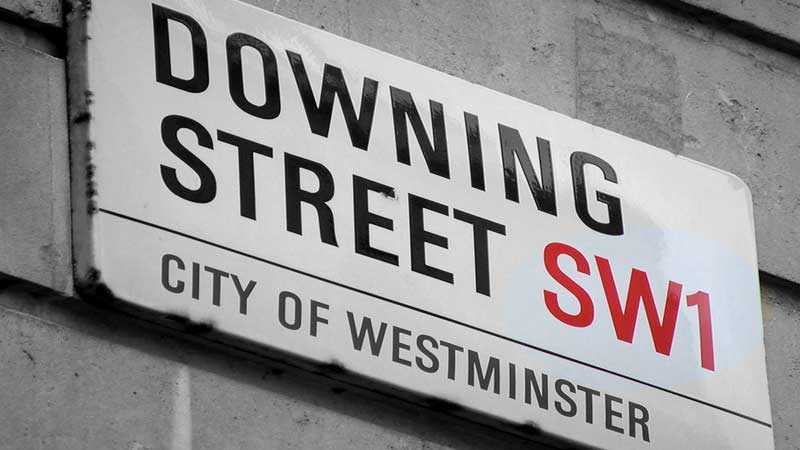
The sales for August continue to show strong growth of G-Cloud with cumulative sales through August 2015 reaching £753m, up £37m from July. As with most months since G-Cloud started, sales are evenly split between large enterprises who booked £376 million and small and medium enterprises (SME) who booked £378 million. For those who have consistently refused to accept that G-Cloud would deliver to the SME market this continued even split between companies continues to prove the success of the programme.
What is more important is that looking at sales based on the size of companies, SMEs are beginning to pull away from larger companies. Sales for August were down on July but still reached £36.2m, with £20.2m going to SMEs while the remaining £16m went to larger enterprises.
Of course, the sales through G-Cloud represents just a small fraction of the money spent by government on computing and many of the larger deals that require Cabinet Level approval to breach the G-Cloud limits are still going to very large companies. One of the promises of those deals was that the larger companies would act as aggregators with a requirement to bring in smaller companies where possible. Unfortunately there is an increasing amount of evidence that this is not happening.
Who is driving G-Cloud sales?
One of the interesting figures in the report is who is actually spending the money. Looking at the total amount spent since G-Cloud started Central Government has been consistently the biggest spender with £578m spent so far. However, the other groups such as the Wider Public Sector, Local Government and Not for Profit are beginning to spend serious sums, in their terms, with G-Cloud.
Part of the problem holding G-Cloud back in those markets has been an understanding of exactly what G-Cloud was going to be able to deliver. Last year Denise McDonagh, the former CTO for the Home Office told a conference that many Local Government bodies struggled with the issue of commodity services. While they agreed in principle with the idea of G-Cloud they still wanted software tailored for them as they had always managed before. From the looks of these figures that problem is finally going away and we should continue to see an acceleration of G-Cloud sales in these markets.
What is being sold?
The breakdown of what services are being sold shows clearly the difference between Central and Local Government purchasing. The biggest sales area in August was specialist cloud services which, although down on July, was mainly focused on Central government deals.
Software as a Service, (SaaS) showed an slight increase on July with sales up to £4.22m. Meanwhile Infrastructure as a Service (IaaS) £3.54m and Platform as a Service (PaaS) £469k have both shown a slight downturn from July.
Some of this may have been due to public bodies locking down their spending as they absorb the latest round of fiscal tightening announced by the Chancellor of the Exchequer in his last budget. It is also likely that with many people away over the summer period on seasonal holidays, there was less demand for new services.
Conclusion
G-Cloud has been a real success since it was launched and these latest figures show that it continues to deliver. As public spending continues to get squeezed there will be increased pressure on local government and other public bodies to look at using cloud services in order to cut costs on technology and redirect funds to other areas of spending.
One of the challenges of G-Cloud is that even with an increased spend with SMEs, too much of the money goes to a small number of companies. As we go through to Christmas there will be a lot of SMEs looking to see if the investment in getting listed on G-Cloud will now begin to pay off with an increase in the number of contracts they are able to win.

























